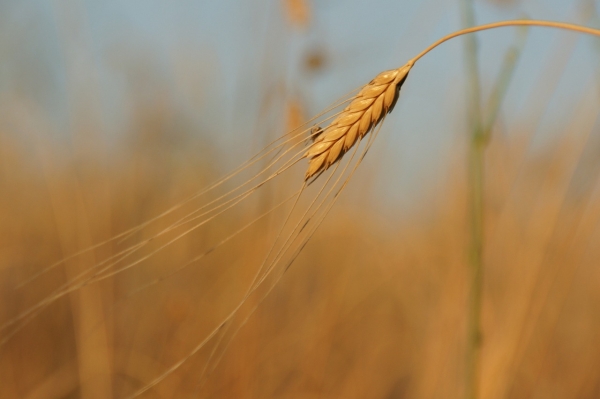An international team of researchers led by UMD scientists have sequenced the complete genome for einkorn wheat, the world’s first domesticated crop and traced its evolutionary history. The information will help researchers identify genetic traits like tolerance to diseases, drought and heat, and re-introduce those traits to modern bread wheat. It is a major step forward in the race to protect the world’s food supply from climate change and the increasingly severe weather expected in coming years.
The new reference genome and evolutionary history are published in the journal Nature.
“The most exciting thing about having this genome sequenced is that einkorn is truly a model species that we can use for research, not only as a reference for bread wheat, but other small grains like rye, barley, oats,” said Adam Schoen, a co-first author of the paper and a Ph.D. student working under professor Vijay Tiwari in the Department of Plant Science and Landscape Architecture at UMD.
Read more at University of Maryland
Photo Credit: Kamelia via Pixabay


